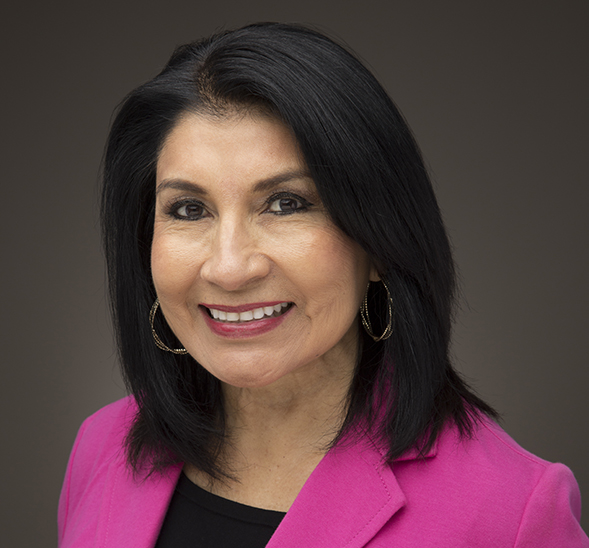Cristina Alfaro on Bilingual Education
SDSU faculty member Cristina Alfaro is an expert on Proposition 58.

Prop. 58 gives educators, parents and the community a say about language instruction in public schools. Supporters of the measure say it will create better opportunities for students and allow them to embrace diversity. But because this law is reversing a position held for nearly two decades, there are currently not enough teachers with bilingual authorization credentials.
“There was virtually no incentive for teachers to pursue bilingual credentials,” said Cristina Alfaro, associate professor of English language and biliteracy development in SDSU’s College of Education in an interview with Voice of San Diego. “Why would you prepare for a job that doesn’t exist?”
With the passage of Prop. 58, the demand for teachers with bilingual credentials is expected to skyrocket. Despite the overwhelming public support for the measure, Alfaro cautions about rushing to implement dual language programs.
“Schools have to make sure that they investigate the needs of the students they serve,” said Alfaro. “These programs will only be effective if the teachers receive appropriate professional development, have a solid curriculum and cultural competence for the students they work with. Developing these things takes time.”
SDSU has the largest bilingual teacher education program in California, graduating an average of 50 to 60 bilingual teachers a year.
"We don't even credential enough to meet the demand for San Diego, and we have a lot of people from out of state and throughout the state who call us," she told the Associated Press. "My phone rings off the hook."
To speed up teacher preparation, the California Commission on Teacher Credentialing recently awarded the College of Education three grants, which will allow SDSU to develop programs through which students acquire both an undergraduate degree and a teaching credential in four years. Right now, it takes at least five years to graduate with a bachelor’s degree and teaching credential.
In recent years, dual language programs have thrived in more affluent areas of the state. Thanks to Prop. 58, children throughout California may soon have access to an education in languages other than English.
“We know that multilingualism is a real asset in the global society that we live in so we need to make sure that all students regardless of their socio-economic background have access to these dual language programs,” Alfaro told KPBS.



